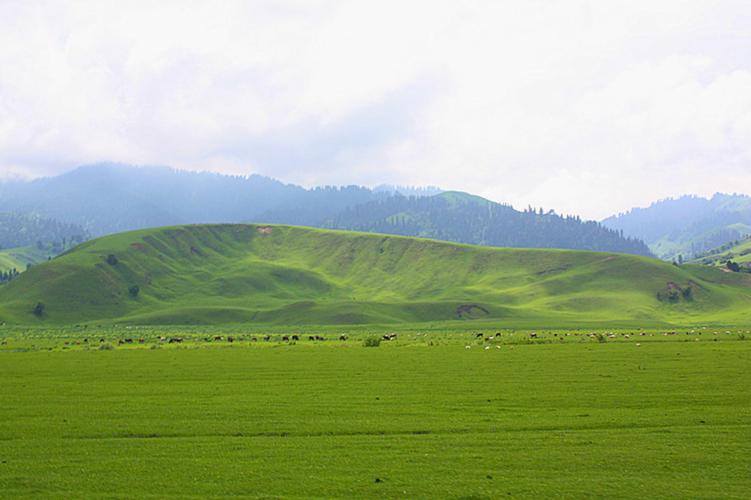Exploring the Definition of Popular Culture in AP World History
Popular culture is ubiquitous in today’s world. From music and movies to fashion and trends, it shapes our daily lives. Popular culture refers to the cultural artifacts and practices that are widely accepted and enjoyed by a group of people. It is often associated with mass media and entertainment industries. In the context of AP World History, popular culture reflects the attitudes, values, and beliefs of a particular society. In this article, we will explore the definition of popular culture in AP World History and its significance.
What is Popular Culture?
Popular culture can be defined as the cultural practices and products that are widely consumed and recognized by the general public. This includes everything from music, film, television, and literature to fashion, sports, and trends. Popular culture is shaped by a variety of factors, including mass media, globalization, and technological innovations. In the context of AP World History, popular culture reflects the social, political, and economic conditions of a particular period.
The Evolution of Popular Culture
Popular culture has evolved over time. In the early days, it was predominantly shaped by local traditions and customs. With the advent of mass media, popular culture became more globalized. The spread of radio and television, for instance, gave rise to the mass production of popular music, films, and television shows. Today, popular culture is more diverse and interactive than ever before, thanks to the internet and social media. People can now participate in popular culture by sharing and creating content online.
Popular Culture in AP World History
Popular culture plays a crucial role in AP World History. It reflects the attitudes, values, and beliefs of a particular society, providing insights into its cultural heritage. Popular culture can also be used to study social and political transformations, such as the rise and fall of empires or the emergence of new technologies. For example, the popularity of jazz music during the 1920s in the United States reflected a cultural shift towards individualism and social liberation.
The Significance of Popular Culture
Popular culture is not just a form of entertainment. It also has significant social, political, and economic implications. Popular culture can be used to shape public opinion, promote social change, and even generate economic growth. For example, the film industry is a major contributor to the global economy, generating billions of dollars in revenue every year. Popular culture also plays a role in shaping individual identities and collective memories.
Conclusion
In conclusion, popular culture is a complex and multifaceted phenomenon that is both shaped by and shapes society. In the context of AP World History, popular culture provides insights into the cultural heritage of a particular period. From music and film to sports and fashion, popular culture reflects the attitudes, values, and beliefs of a society. It is important to study and analyze popular culture in order to better understand our world and our place in it.
(Note: Do you have knowledge or insights to share? Unlock new opportunities and expand your reach by joining our authors team. Click Registration to join us and share your expertise with our readers.)
Speech tips:
Please note that any statements involving politics will not be approved.
